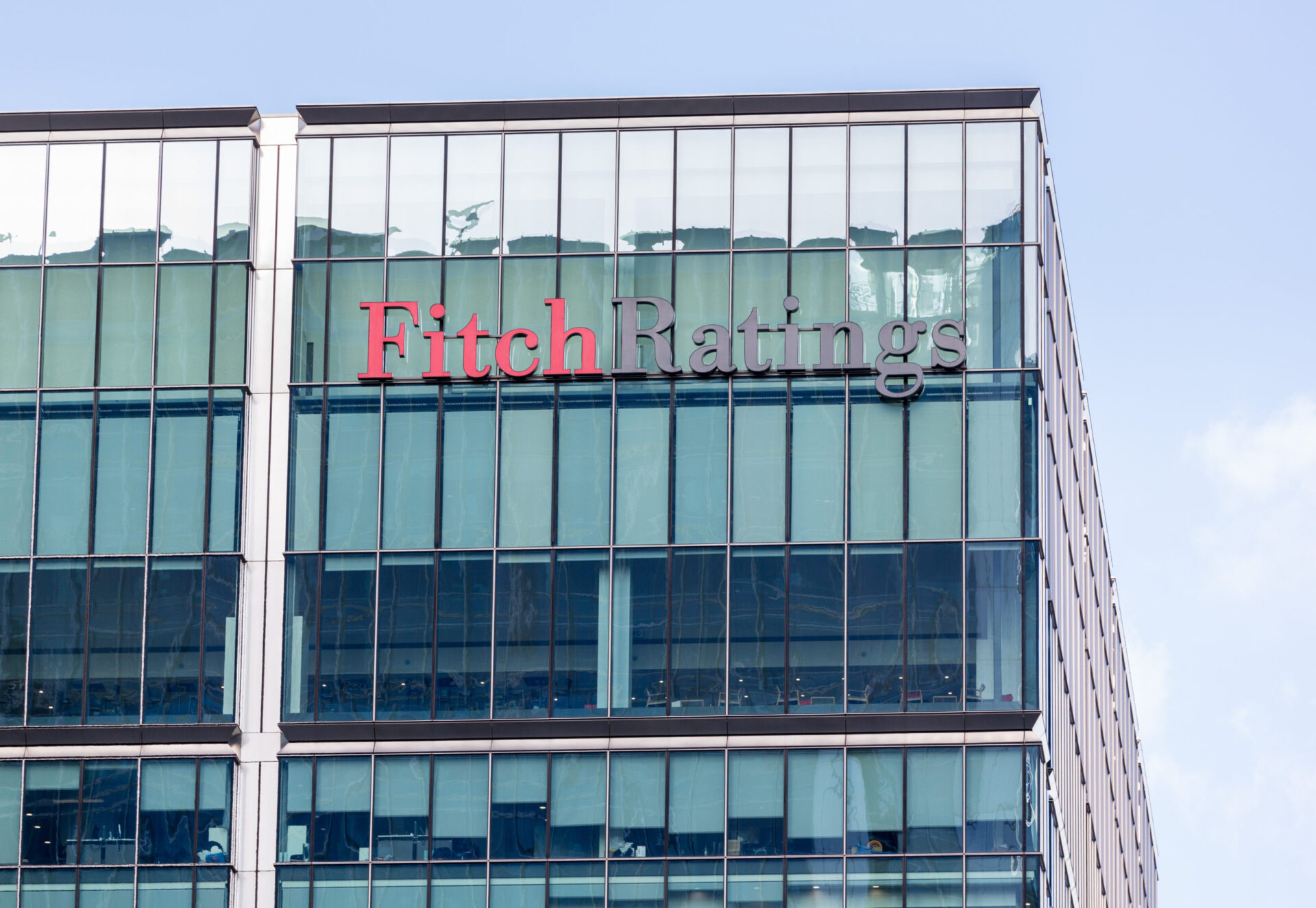By KIMBERLEY HAAS
Fannie Mae and Freddie Mac were affected this week after Fitch Ratings downgraded the country’s credit rating.
On Tuesday, leaders at Fitch issued a press release saying they had downgraded the United States of America’s Long-Term Foreign-Currency Issuer Default Rating from AAA to AA+.
Fitch is one of three nationally recognized statistical ratings organizations. The other two are Moody’s Investors Service and S&P Global Ratings.
Expected fiscal deterioration over the next three years, a high and growing general government debt burden, and the erosion of governance were cited as reasons for the downgrade.
“The repeated debt-limit political standoffs and last-minute resolutions have eroded confidence in fiscal management. In addition, the government lacks a medium-term fiscal framework, unlike most peers, and has a complex budgeting process,” the press release says.
Fitch analysts predict that tighter credit conditions, weakening business investment, and a slowdown in consumption will push the U.S. economy into a mild recession in the fourth quarter of this year and the first quarter of next year.
Secretary of the Treasury Janet Yellen issued a statement saying she disagrees with the decision.
“The change by Fitch Ratings announced today is arbitrary and based on outdated data,” Yellen said. “Fitch’s decision does not change what Americans, investors, and people all around the world already know: that Treasury securities remain the world’s preeminent safe and liquid asset, and that the American economy is fundamentally strong.”
On Wednesday, Fannie Mae and Freddie Mac’s Long-Term Issuer Default Ratings and senior unsecured debt ratings were also downgraded to AA+.
Leaders at Fitch said the enterprises benefit from government support and their downgrade is consistent with actions taken on the U.S. It was not driven by fundamental credit, capital, or liquidity deterioration at the firms.
“Key rating drivers for aligning Fannie Mae’s and Freddie Mac’s ratings to the U.S. rating include their mission-critical function to the U.S. housing finance system and the U.S. Treasury’s Senior Preferred Stock Purchase Agreements,” a press release said.
Fitch leaders say the downgrade of the country’s default rating will not trigger negative actions for corporate ratings, since there are no direct linkages to the sovereign rating.
How much do the actions by Fitch matter?
JPMorgan Chase CEO Jamie Dimon says the U.S. downgrade doesn’t matter because it’s the market, not rating agencies, that determine borrowing costs.
Dimon told CNBC that it’s “ridiculous” that other countries have higher ratings than the United States. He added that the debt ceiling should be eliminated because it is used by both Democrats and Republicans to sow uncertainty for markets.
In May, the credit ratings for Fannie Mae and Freddie Mac were put on watch for a possible downgrade as lawmakers worked to resolve the debt ceiling standoff.
Gennadiy Goldberg, Head of U.S. Rates Strategy at TD Securities, told Reuters that as with the country’s sovereign debt, the one-notch downgrade for Fannie and Freddie will not materially impact investing decisions.
Politicians say the actions by Fitch do matter, with one presidential candidate calling it a “wake-up call.”
The White House issued a statement from Press Secretary Karine Jean-Pierre saying that they “strongly disagree with this decision.”
“The ratings model used by Fitch declined under President Trump and then improved under President Biden, and it defies reality to downgrade the United States at a moment when President Biden has delivered the strongest recovery of any major economy in the world,” Jean-Pierre said.
Jean-Pierre went on to blame Republicans.
“And it’s clear that extremism by Republican officials — from cheerleading default, to undermining governance and democracy, to seeking to extend deficit-busting tax giveaways for the wealthy and corporations — is a continued threat to our economy,” Jean-Pierre said.
Former Arkansas Governor Asa Hutchinson, who is a Republican candidate for president, wrote on Twitter that over the last 20 years, the country’s debt has exploded under the leadership of both parties. He called the downgrade a wake-up call.
“We can’t ignore the debt crisis any longer. It’s time to tighten our belts and embrace pro-growth policies for the sake of our future generations,” Hutchinson wrote. “The downgrade of U.S. credit is a wake-up call, but President Biden is asleep at the wheel.”
The advocacy group Advancing American Freedom, founded by former Vice President and Republican candidate for president Mike Pence, issued a statement saying the Biden administration is to blame for the downgrade.
“‘Bidenomics’ has been a disaster with 40-year high inflation, budget-breaking prices at the grocery store, and mounting economic pressure for American families. This decision from Fitch Ratings sends a clear signal: Congress must act now to eliminate wasteful government spending,” the statement said.
Germany, Denmark, Netherlands, Sweden, Norway, Switzerland, Luxembourg, Singapore, and Australia have the highest credit ratings by S&P, Fitch, and Moody’s, according to Fortune.
Read More Articles:
